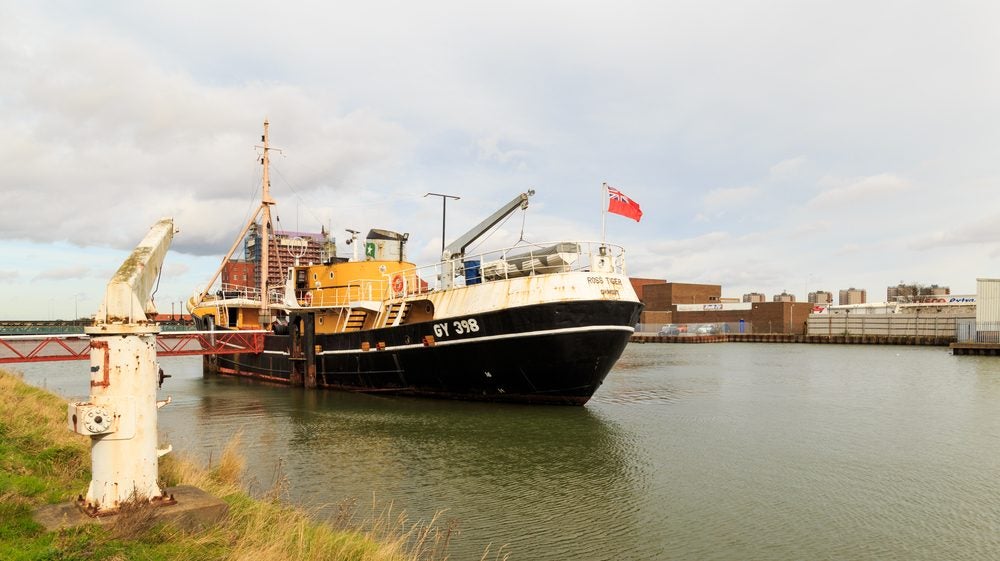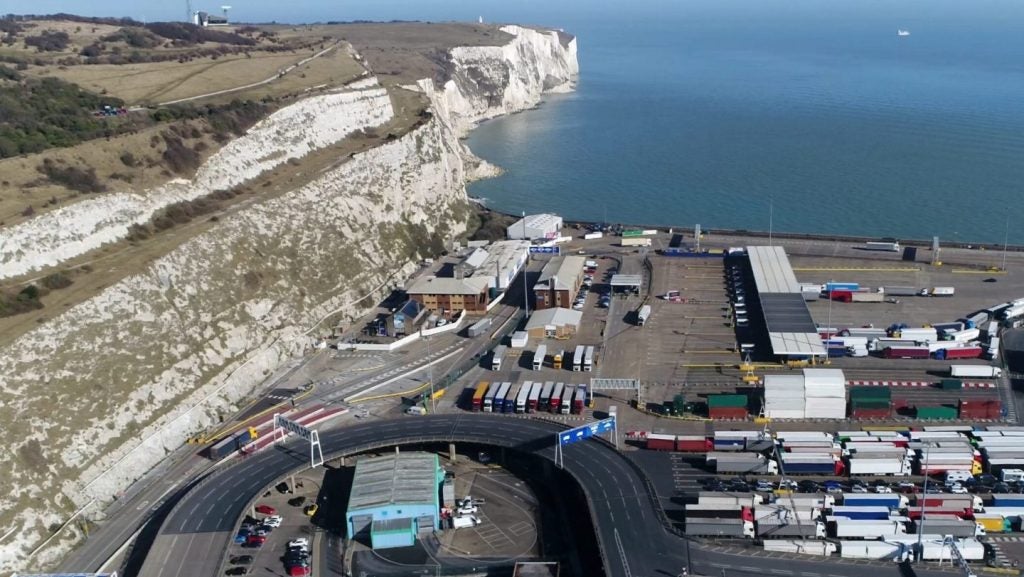In the 19th century, it was commonly said that “the sun never sets on the British Empire”. Even though a rejoinder was added by an unnamed Indian nationalist “because even God couldn’t trust the English in the dark”, this statement was undoubtedly true: the Empire spread from Canada’s west coast to New Zealand’s South Island, with a presence on every continent.
Since the Second World War, however, when the global superpowers of the US and Russia fully emerged, the Empire – renamed the Commonwealth – has slowly diminished, with Barbados recently removing Queen Elizabeth II as its head of state, and Jamaica looking set to follow suit. Critics of the UK queue up to declare the country as ‘irrelevant’ or ‘living in the past’ whenever a major global event takes place and the UK takes up its now-familiar place, backing up whatever course of action the US decides to take.
Few would argue that the UK is a superpower anymore. Indeed, it has been almost a century since it could claim to have been anything of the sort. The superpowers of the 21st century are China and the US, with India looking to get in on the act and Russia realising just how far it has fallen. Beyond this, economic blocs such as the EU and Asean create other geopolitical entities that carry huge global weight. It is easy to view post-Brexit UK, adrift and isolated, as an international irrelevance, but that reckons without the country’s soft power.
What is soft power (and how does the UK exert it)?
According to Portland’s Soft Power 30 report, “hard power is deployed in the form of coercion: using force, the threat of force, economic sanctions, or inducements of payment”. ‘Soft power’, meanwhile, involves “positive attraction and persuasion to achieve foreign policy objectives”. Hard power was what brought the UK its empire in the first place. Soft power is where the country excels in 2022.
In Brand Finance’s Global Soft Power Index 2022, the UK ranks second, behind only the US. Germany, China and Japan round out the top five. In the report, Brand Finance CEO David Haigh states: “Whilst the long-term impact of the UK’s withdrawal from the EU is still to be seen, the immediate result has been that of finally introducing some clarity and stability to the political and economic situation following years of conflict and uncertainty.”
See Also:
One of the reasons for the UK’s strong performance in the report is the country’s work on the development of the Oxford-AstraZeneca vaccine, and the initial impressive roll-out of the vaccine to its population. The country has also taken a leading role in equipping Ukraine with the means to defend itself against the Russian invasion. In the two big global events of the 2020s, the UK has shown that it is capable of holding down a leadership position.
How well do you really know your competitors?
Access the most comprehensive Company Profiles on the market, powered by GlobalData. Save hours of research. Gain competitive edge.

Thank you!
Your download email will arrive shortly
Not ready to buy yet? Download a free sample
We are confident about the unique quality of our Company Profiles. However, we want you to make the most beneficial decision for your business, so we offer a free sample that you can download by submitting the below form
By GlobalDataHow the UK influences through culture
When establishing the concept of soft power in the late 1980s, Joseph Nye of Harvard University explained that it has three broad categories: culture, political values and policies. While political values and policies will change over time, the UK excels when it comes to culture. From Shakespeare and Dickens through to Tolkien and Rowling, British literature permeates throughout almost every country. The Beatles perfected pop music in the 1960s, and through the rock bands of the 1970s, the New Romantics of the 1980s, the girl bands of the 1990s, right up to the likes of Ed Sheeran and Adele today, British music is frequently heard on radios all around the world.
The royal family and the BBC, two bastions of British life, are still recognised globally, and hit TV shows from the upper crust Downton Abbey and The Crown to the more down downbeat Fleabag and The Office put British lives, British culture, into living rooms all around the world. In science, it is the country of Stephen Hawking, Charles Darwen, Alan Turing, Michael Faraday and Tim Berners-Lee. I haven’t even mentioned David Beckham or David Attenborough yet.
Even the language – English – being so widely spoken (largely because of the lasting influence of the Empire, but it is still the most commonly used language on the internet) gives the UK an international advantage. If English isn’t a person’s first language, there is a strong chance that they have been heavily exposed to it through their education, favourite pop songs, films and so on. The global reputation of British law means that many developing countries base their systems on the UK’s version, and to this day many international disputes are settled in London’s courts, which are seen as fair and corruption free. An ‘English education’, be it at schools such as Harrow or Eton, or universities such as Oxford or Cambridge, is much sought after by the upper classes across Asia and Africa.
All of these things add up. The UK is a global giant when it comes to culture – and that makes it a superpower when it comes to soft power. There was a reason so many Russian oligarchs were based in London until a month or so ago, and it certainly wasn’t the weather. (The ease of laundering money is also a factor here, admittedly, but the lifestyle the city offers makes it a residence of choice for many wealthy people for a number of years.)
The UK’s global relevance in the 21st century goes way beyond culture, however. In 2021, the UK had the fifth-largest economy in the world. It has been in the top ten for literally centuries. It is also a global leader when it comes to foreign direct investment (FDI). A study from the British Council and the University of Edinburgh states that soft power boosts foreign investment (as well as tourism and overseas student recruitment) and that can be seen in the UK’s FDI attractiveness. It has rarely been out of the top five of UNCTAD’s World Investment Report when it comes to inward FDI, and it is also a key source country when it comes to investment. It is still a world leader when it comes to highly prized sectors such as ICT, R&D and finance. Countries reliant on British (or US, or German, or French, or Japanese) investment are less likely to, say, vote against these countries when it comes to UN resolutions condemning Russia’s action.
Why is soft power important?
Soft power is damaging Russia right now as its invasion of Ukraine stalls. While the use of sanctions against the country is a form of hard power, the joined-up nature of the global response against Vladimir Putin has seen soft power utilised at an unprecedented level as governments the world over use “persuasion to achieve foreign policy objectives”.
Soft power may also be giving China food for thought when it comes to its claims over Taiwan. As GlobalData analyst Michael Orme told Investment Monitor: “China has been surprised and alarmed by the speed and savagery of the coordinated Western sanctions against Russia, and China is still very strongly coupled with the West economically and financially – much more than so Russia.”
Perhaps more pertinently, will China’s nascent middle classes want to risk the Western-style luxuries they have become accustomed to over the past couple of decades in the name of a war that, even if successful, would offer no discernible improvement to their lives? Such soft power considerations offer yet more food for thought for Xi Jinping.
Don’t be fooled by the name. Soft power can make a hard impact. While the sun may have set on the British Empire, the country still shines brightly as a global presence in other ways. The UK will never again be the kind of superpower that it was in the 1800s, but the influence it left on the world, for good or for bad (and no one is under any delusions over just how much bad there was), means that it exerts levels of soft power that many emerging economic giants cannot compete with, and won’t be able to for some time yet.




